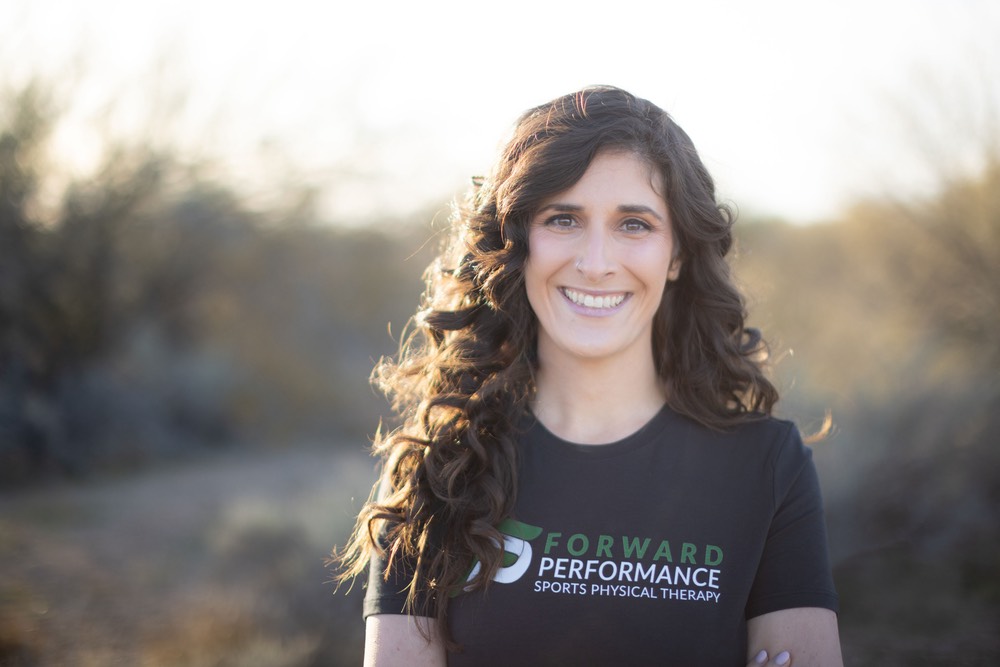Are your tight hips or achy back adding strokes to your round?
Golf is one of the few sports people can play their entire lives. And Arizona is a golfer’s paradise. But golf can also take a toll on your body because, like many sports, the physical motions are repetitive and over time can lead to imbalances and ultimately, injury. But there’s good news: these things are treatable and more importantly, preventable.
How Forward Performance treats golfers differently
Golf is a full body sport and requires full body care and training to play your best. Our clinicians are all doctors of physical therapy who spend a full hour, one-on-one with each patient. Our expertise helps us home in on the root cause of your issue, not just treat the symptoms.
Chasing the perfect, pain-free swing
Golf requires the endurance, sequencing, and coordination of multiple body parts in order to achieve a smooth and effective swing, let alone do it consistently for a 4-hour round. As you play, your body fatigues and will naturally recruit any musculature in the area to ‘get the job done’. That’s when you end up in my office with some of the common complaints ‘my hips are always tight’ or ‘my back acts up after a few holes’. I often joke with my patients that you can still develop your perfect swing if you have a bad back or bad hips; you can’t have both.
What are the most common golf-related injuries and causes?
Back and hip pain are common issues affecting golfers due to the repetitive, rotational nature of the sport. The torque generated at the hips and spine during your backswing assists in the build up of angular velocity necessary at the pelvis to have a powerful follow through. Any limitations in strength, joint mobility, flexibility, or coordination preventing the rotational movement can result in faulty swing mechanics and cause pain or injuries in the surrounding areas.
A joint restriction or lack of mobility in the lumbar or thoracic spine can affect how the body chooses to distribute forces to the hip and knees during a golf swing. Also weakness in the glutes/core can result in the compensatory activation of the lumbar paraspinals (the big corded muscles on either side of your spine). This lack of control throughout the core may result in low back and hip pain as the body attempts to control the increase in swing velocity without proper support. Addressing the motion deficit in the spine and the surrounding musculature weakness reduces pain in the hips and lower extremities. The opposite is also true if there is limited mobility in your hips,l then your back will compensate.
At Forward Performance Sports Physical Therapy, Let our physical therapists evaluate your specific limitations and needs so you don’t have to take a hiatus due to an injury or pain slowing you down. Our mission is to get you out of our office and back on the course..

